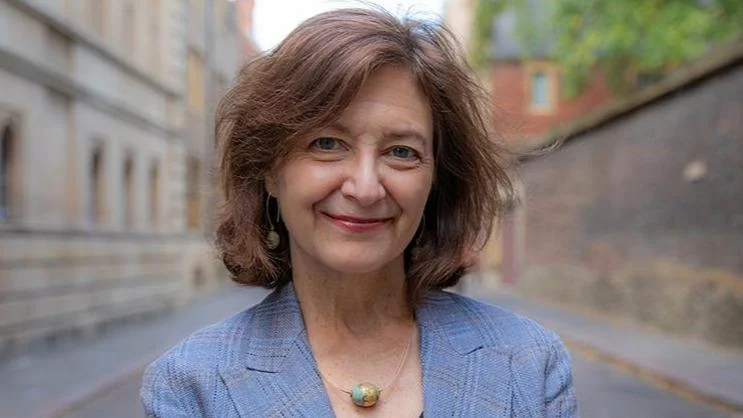The University of Cambridge is commemorating the 100th anniversary of the birth of Sir Robert Edwards, whose work in developing in vitro fertilisation (IVF) has had a lasting impact on fertility treatment. Edwards, a Nobel laureate and one of the most prominent scientists of his era, spent much of his career at Cambridge's Department of Physiology.
Edwards worked alongside gynaecologist Patrick Steptoe and technician and embryologist Jean Purdy to develop IVF. The technique involves fertilising eggs with sperm in a laboratory setting to create embryos, which are then transferred into a woman’s womb. Their research led to the birth of Louise Brown, the world’s first IVF baby, in July 1978. This achievement marked a significant shift in reproductive medicine.
Since that breakthrough, it is estimated that more than 13 million babies have been born through IVF worldwide.
To mark what would have been Edwards’ centenary on September 27, the university will hold a two-part event on Friday, September 26. The programme includes an afternoon session focused on science and clinical practice at the Physiology Lecture Theatre—the site where Edwards first achieved human egg fertilisation outside the body. Clinicians and scientists who were influenced by or trained under Edwards will participate.
In the evening, Churchill College—where Edwards was both Fellow and Member—will host a public panel discussion. Panellists include Louise Brown; Dr Jenny Joy, one of Edwards’ daughters; Emma Barnett, broadcaster and parent via IVF; and Dr Mike Macnamee, former CEO of Bourn Hall Clinic—the world’s first IVF clinic founded by Edwards with Steptoe and Purdy in 1980.
Professor Kathy Niakan, Director of Cambridge’s Loke Centre for Trophoblast Research and chair for the scientific sessions, stated: “Scientists studying human reproduction at the University of Cambridge today are building on Sir Bob Edwards’ incredible legacy. Many of their careers overlapped with his, and now they’re developing his science further, and also building on his pioneering contributions to the ethics of assisted reproduction.”
She continued: “To be part of this field today is a unique opportunity for discovery and innovation, and a great honour to carry forward Sir Bob Edwards’ vision in advancing our understanding of human reproduction.”
Dr Jenny Joy commented: “Our family is delighted to be involved in this event, working with the Loke Centre in the Physiology Department and Churchill College, which both meant a great deal to our father.”
Edwards joined Cambridge in 1963. He received the Nobel Prize in 2010 after millions had benefited from IVF treatment. He passed away in 2013 at age 87.
Infertility impacts over one-tenth of couples globally. Today IVF remains among the most widely used fertility treatments available.
The Bob Edwards centenary conference has been organised by members of his family along with staff from Cambridge's Loke Centre for Trophoblast Research and Churchill Archives Centre at Churchill College—which preserves his papers—with support from Cambridge Reproduction.

